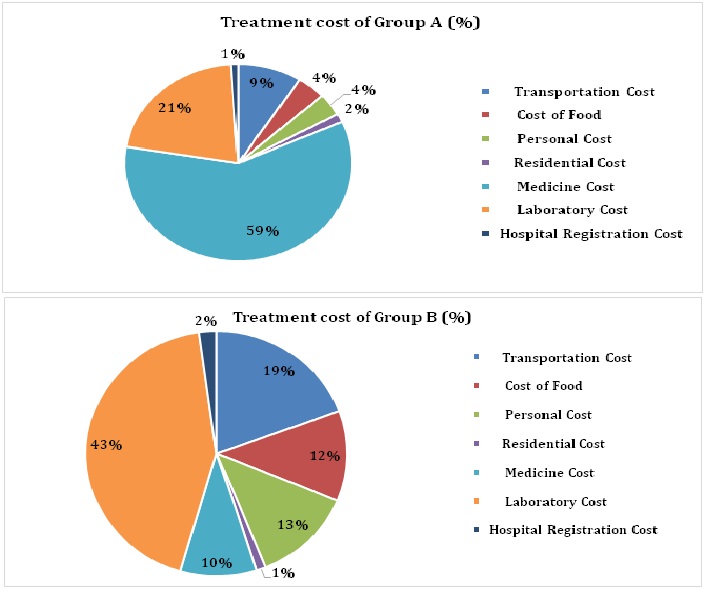A Comparative Study to assess the Treatment Cost of Ayurvedic Medicine (Ginger and Castor Oil) and Modern Medicine (DMARDs) in Amavata (Rheumatoid Arthritis)
DOI:
https://doi.org/10.47070/ijapr.v12i6.3282Keywords:
Amavata, Rheumatoid arthritis, Ginger, Castor oil, Treatment Cost.Abstract
Ama and Vata are the initial elements in the pathophysiology of Tridosha, whereas Amavata is a result of their vitiation. The expense of treatment is a major factor in the economic burden of RA for both the patient and the health and social care systems. Objective: a. To assess the socio-demographic conditions of the patients of Amavata. b. To compare the cost of a one-month treatment of ginger and castor oil with DMARD in the management of Amavata. Methodology: Total 72 patients of RA Fulfilling the inclusion criteria and having symptoms of RA were enrolled for this Interventional study. Patients were treated in two different groups- Group A- 36 clinically diagnosed and registered patients of Amavata were treated by DMARD Group B- 36 clinically diagnosed and registered patients of Amavata were treated with ginger and castor oil. After the completion of the study, total 62 patients came after one month of treatment, so we included 62 patients in this study. 32 patients in group A and 30 patients in group B Results: The average direct cost of treatment of RA patients in 2024 was estimated as Rs. 2669.17 ($31.96)/month in group A (DMARD Group) and Rs. 1386.69 ($16.62) in group B (Ginger and Castor oil). Major part of total direct costs was covered by medicines (Rs. 1583) in group A and Laboratory cost (Rs. 600) in group B. The ratio of one-month cost of DMARD and Ayurvedic medicine (ginger and castor oil) was 12:1. Discussion: The cost of Ayurvedic medicine was very low in comparison to DMARD. Ayurvedic Medicine ginger and castor oil were easily available, safe, effective and cheap.
Downloads




